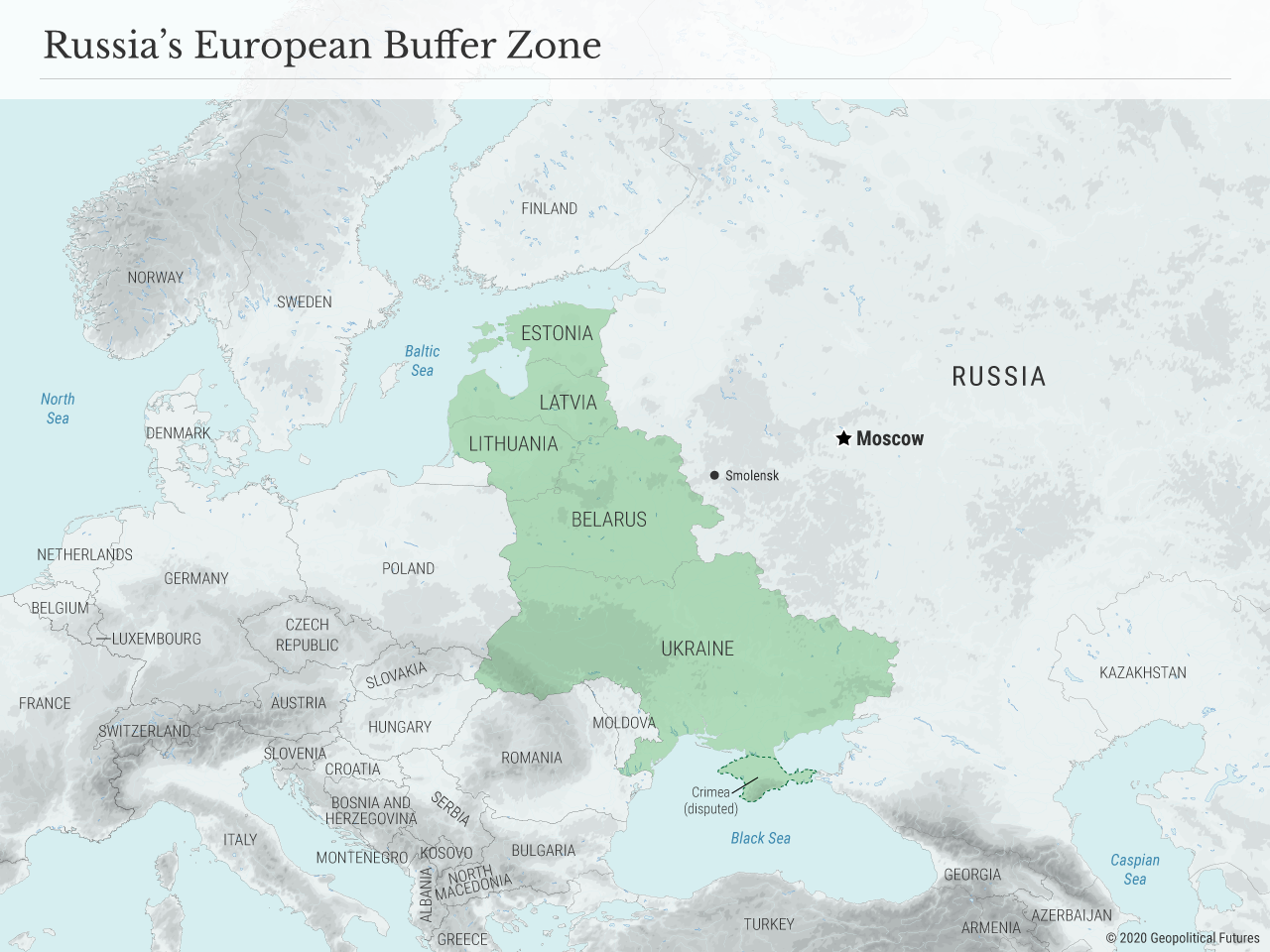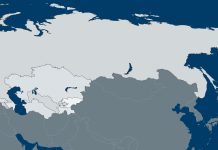Over the past few weeks, two odd things have happened in Russia. The first is that Russian President Vladimir Putin has restructured the government. During his state of the nation address last week, he announced constitutional changes that could lay a path for him to hold on to power beyond 2024, when his current term ends. He also shook up the Russian security command about a month ago and has been moving governors around like chess pieces. Such changes take place in many governments, but the moves are usually understated to increase power without creating a sense of urgency. Putin’s changes were not all that radical given the circumstances, but he went out of his way to make them look radical by removing longtime senior officials like Dmitry Medvedev, who will now serve as deputy chairman of the Security Council.
The second thing that has happened has less substance but is much stranger. Putin has made a series of statements that Poland started World War II, and that the Hitler-Stalin pact was forced on Russia by British and French deals with Germany. The substance of the statements is not worth debating; the Hitler-Stalin pact was no ordinary alliance, but a treaty by which Germany and the Soviet Union would together invade and divide Poland, which they proceeded to do. The claim that Poland started the war mirrors Hitler’s claim that Poland was invaded to protect Germans from Polish brutality.
It is revealing, however, that Putin felt it necessary to reopen the question of who started World War II at this time. Putin is not a casual man, so he didn’t do this carelessly. After announcing the shakeup of the Russian regime, he decided to charge Poland, France and the U.K. with responsibility for World War II, cleansing Russia of any wrongdoing in allying with Hitler.
At the very least, this is going to make France’s stated intentions of getting much closer to Russia more difficult. For the French, the claim that they caused the war by reaching agreements with Nazi Germany will strike a chord. It will also make it harder for the Germans to get closer to Russia. For the Germans, whose primary historical goal is to allow World War II to slink into the past, the last thing they want to do is engage in a discussion of who caused the war.
To try to make sense of this we must remember that the Great Patriotic War, as World War II is called in Russia, is seared into the Russian national conscience. In making this charge, Putin is trying to cleanse Russia of responsibility for the war. By claiming that Poland, in some way, forced the Russians and Germans to invade Poland, he portrays Russia as an unqualified victim. In doing so, he reaches out to far-right forces in Europe who have argued that Hitler was forced into war. This is politically important. The European right has risen, and a segment of it wants to rewrite history. The Russians have toyed with supporting a rising right wing for years, and this places Russia in that position. Putin is claiming that it was not the totalitarians but the liberal democracies that started World War II, and that therefore the liberal democracies’ claim to moral superiority is false.
The problem is that by stating this so bluntly, Putin alienates France and makes Germany uneasy. It will be harder now for the Germans and French to collaborate with the Russians, although not impossible. Nearly all NATO members have condemned Putin for his view of the origins of World War II – something that he knew was coming; so why did he make this charge now?
The key, I think, was the charge against Poland. Putin is not expecting a war against France or Germany, but he is worried about Poland, and that has to do with Belarus, which shares borders with Poland to its west and Russia to its east. Belarus is sandwiched between the Baltic states and Ukraine. The Baltics are in NATO, and Ukraine, though shifting a bit, is still hostile to Russia. For Russia, these western buffers were indispensable, and losing them poses a threat to its national security.
Belarus is key here. If Belarus were to be integrated into Russia, the West’s defense of Poland, which houses U.S. troops, becomes much more difficult. But if Belarus were to switch to the West and NATO troops were deployed, the defense of Smolensk and even Moscow would be difficult. The Russians have an initiative underway to integrate Belarus with Russia, but in recent weeks, Belarusian President Alexander Lukashenko has been signaling an interest in maintaining good relations with the West.
Belarus is a flashpoint on this frontier. Lukashenko wants to maintain its free movement, Russia wants to lock it in, and Poland does not want to see more Russian troops on its eastern border. For Russia, settling the Belarus question is a vital matter. For Poland, even with more limited, though quite good, forces, this would cause a fundamental crisis and involve the United States. And this issue is moving to some sort of decision. The West does not want a shift, but Russia doesn’t trust the West and claims that its absorption of the Baltics into NATO already violated Moscow’s understanding with the West.
So there has been significant tension between Poland and Russia over Belarus. Belarus is important enough to Russia to consider military action – and the two countries have staged huge war games near Poland’s border in the past. Poland may see any such move as indicating war, if not now then later.
If a conflict were to break out, Russia would want it blamed on Poland. By raising the question of how World War II started, Russia is trying to change the perception of Poland from a victim nation to a historical aggressor. And by so doing, Putin may also be warning the Poles, and the Americans as well, not to believe for one minute that war is out of the question.
In this sense Putin’s restructuring of the Russian government makes sense. It was an unwieldy bureaucracy that would have difficulty aligning its economy with military action. Therefore, it is reasonable to wonder whether Putin’s attempts to redefine history and the government were designed as preparations for war, or for victory by intimidation.
Readers will recall our ongoing concern with Belarus and Poland. The best bet is that this is primarily signaling that Putin will not bend on Belarus, and not that he intends or expects war. But the actions meant to signal and the actions meant to prepare for war are easy to confuse. Reshaping the government and reshaping history inevitably open the door for conflict.






 The Geopolitics of the American President
The Geopolitics of the American President